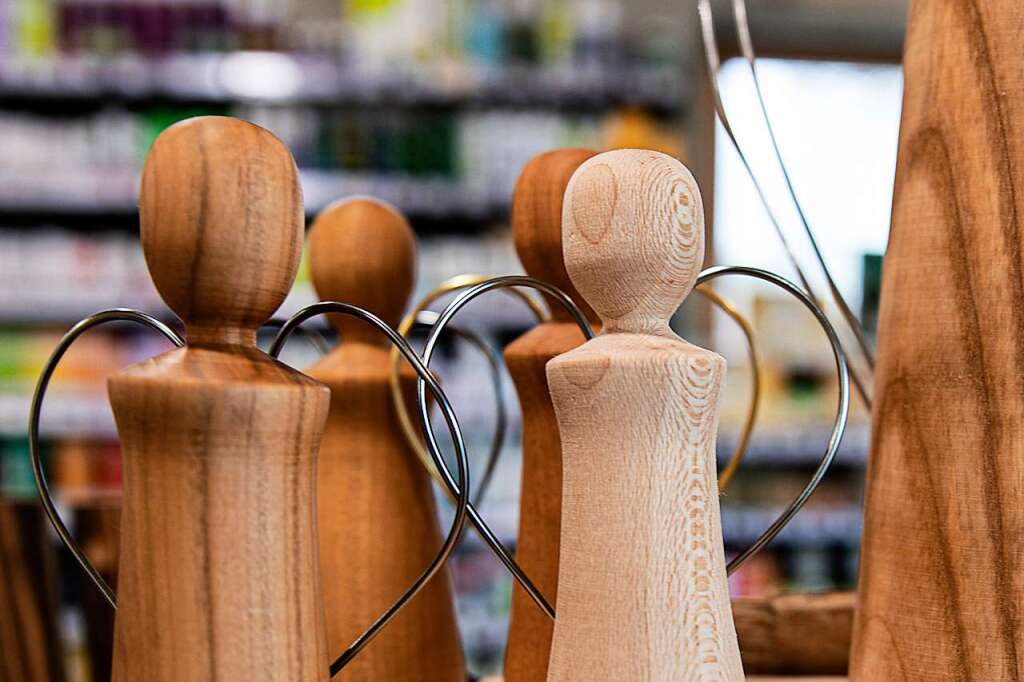In order to make the new approach a success, it is intended that there will be a lot of consultation between provinces, farmers, nature organizations and the local industry. “We will start a conversation on the farm to look for the possibilities together,” the coalition writes. That talk is outsourced to the lower authorities and there is no question of compulsory buy-out.
On closer examination of the coalition agreement, dairy farmer Van Kempen can agree with the broad outline of the plans. Such as the announced transition to circular agriculture, in which, for example, residual flows (waste) from industry can serve as animal feed.
“I’ve suggested it here in my area before: if my neighbor starts growing fodder beets, and another crop, and you have a few livestock farmers, then their animals can eat the residual flows. That’s ideal,” he says. The plan ultimately fell through due to a lack of a revenue model and long-term certainty.
Now the money may still come. The coalition agreement states that there will be a “good revenue model” for the transition to circular agriculture. The new National Program for Rural Areas even includes 25 billion euros up to and including 2035. But the important details, such as how much money this yields for a farmer, are not yet known.
‘Not everything can be done everywhere’
“The area-oriented approach is actually the only thing that is still possible,” says Ernst van den Ende, director of the Plant Sciences Group of Wageningen University and Research (WUR) about the coalition’s plans. “We now have so many problems, in the field of nitrogen, but also in the field of climate, that we need extensive changes in the Netherlands.”
He calls it an ambitious choice that the nitrogen deposition should now be lowered sooner. It is not yet clear how exactly, but by 2030 emissions must be reduced by half. “This means that not everything can be done everywhere and some companies will therefore be forced to emit less nitrogen. That will cost a lot of money and whether the 25 billion is sufficient is still difficult to say,” says Van den And the.
–


